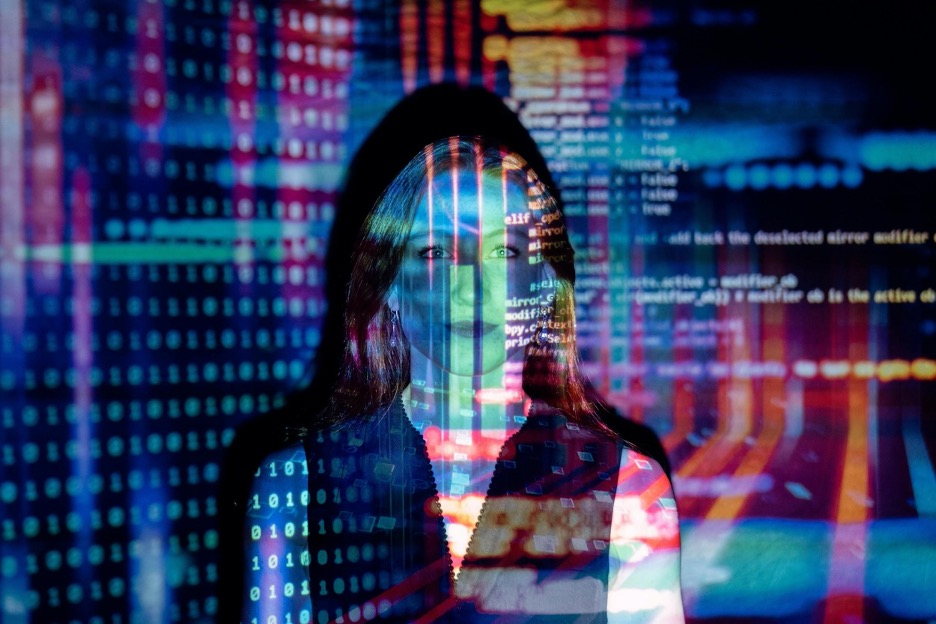for support
(888)123-4567
The hospitality industry records some of the highest numbers of security breaches year to year. The sensitive transactions that take place in hospitality establishments create ideal conditions for cyberattacks. It was also reported that the frequency of cyberattacks has increased during the global pandemic. Just March last year, Marriott hotels announced a massive data breach that resulted in the compromise of 5.2 million guest accounts.
One factor that contributes to cyberattacks is the reliance on credit cards as the form of payment — it is one of the main weaknesses of the hospitality industry. Daily transactions of sensitive information which includes credit card details, private addresses and transaction histories can also be exploited easily. Additionally, criminals can steal card information by installing malware in point-of-sale systems.
It goes without saying that companies within the industry need to take extra precautions to ensure the safety of data, and here are some ways that this could be done.
Data Encryption
Encryption is one of the fundamental procedures of hospitality security. It involves the scrambling of sensitive data that confuses data thieves and only enables authorized personnel to understand the information. As a process that encodes a message or file by taking readable data and then randomizing them, encryption can be done to secure all electronic devices including mobile phones, laptops, desktop computers, and flash drives.
This step is crucial in preventing criminals from deciphering sensitive information that can lead to a massive breach of personal data. Encryption, along with VPN and regular penetration testing can help keep hotel networks secure against dangerous malware attacks.
Through GTRIIP, every data sent from the guests’ mobile phones to the hotel’s Property Management System (PMS) are protected with a state-of-the-art level of encryption - both at rest and during transmission.
Cybersecurity Training
Cybersecurity threats come in many forms. Cybercriminals can opt to install malware, attack the IT department, or conduct a phishing scam. But essentially, they are going after two prevalent weaknesses — human error and vulnerability. By providing cybersecurity training for hospitality employees, they will become more proficient in the secure handling of sensitive data. Besides training, organizations can limit access to customers’ sensitive information to selected employees.
Hospitality establishments can also implement a multi-tiered authentication for staff and customers who have access to certain sensitive data. While employees can post a big risk to cybersecurity, they can also be trained to become another reliable layer of security that can fend off and prevent cyberattacks.
Response Plan, Should A Break Occur
Prevention is undoubtedly better than cure. But in the event of a breach, a response plan enables an organization to stay calm and respond quickly, limiting the damage. Through proper understanding of the importance of data security, companies will be able to implement better strategies that effectively safeguard against a criminal breach.
Continuous review of processes should be carried out routinely, as they may reveal weaknesses that must be avoided and improvements that can be made. As the hospitality sector continues to collect customers’ data, companies should also ultimately commit to protecting valuable information.
A good response plan is a process that no hospitality organization would hope to utilize, but a well-planned process can prove significant mitigation of loss in terms of business reputation.
Conclusion
Data protection is no laughing matter. Failure to provide adequate security can bring about major consequences which include a tarnished reputation, loss of trust by customers and financial penalties.High profile breaches leading to the leakage of personal data have continued to drive up awareness levels. Take Singapore-based hotel company RedDoorz, for instance, which was hacked in September 2020, causing the leak of 5.8 million customer records that were sold on the dark web.
Therefore, companies in the hospitality industry should never be complacent about the possibility of cyberattacks. The last thing a business needs is to be entangled with legal repercussions that would further exhaust massive resources and time.
To find out more about GTRIIP's contactless check-in and check-out solutions, with built-in high-end encryptions, head to this link: www.gtriip.com/hotel/
Learn more about the full range of contactless solutions that GTRIIP provides by reaching out to us via the link below. www.gtriip.com/consult-with-us/